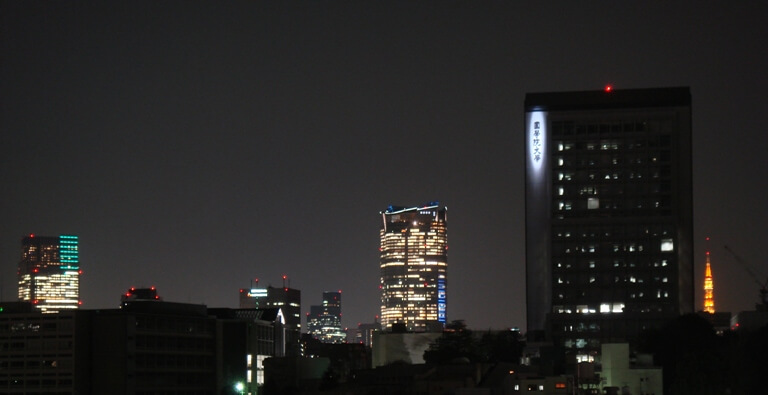Eeeeeven told the golden daaaaaffodilllll
Eric doesn’t like being labeled, and not for the usual tiresome I’m-too-free-spirited-to-be-defined reasons:
While I can say what I think about most things, experience shows that adopting any label invites conformity to it. (Especially criticism from those who claim it.)
Once you say what you are, some a**hole will come along and say that you’re not, because he is.
Similarly, once you say what you aren’t, some a**hole will come along and say that you are, because he isn’t.
It’s convenient that (small-l) “libertarian” suits me fine, because it tends not to set people off. I like “classical liberal,” but (today’s left) liberals often seem to think you’re trying to dress up as one of them while being a closet fascist. (“Yeah, you’re a liberal in the sense that, like, Mill would have meant it,” someone sneered at me once.) And while my positions on many issues align with what we now consider “conservatism,” I’m not fundamentally a conservative. (Well, I am when some gross guy is hitting on me. Then I identify myself as a “conservative” in a clear, forceful tone and mention that I’m a registered Republican. You movement conservatives don’t mind the fib, do you? It’s to the end of preventing casual homosexual intercourse, after all. And I really am a registered Republican.)
The only problem with calling yourself a libertarian–besides, as Eric alludes to, being invited by supposed fellow travelers to engage in poker-faced debates over the most inane hypothetical situations imaginable–is that a lot of people don’t understand that it doesn’t mean “libertine” or “anarchist.” I can’t count the number of times I’ve had to explain that no, I don’t think all governing bodies should be dissolved so we can frolic naked in meadows all day and subsist on game and wild berries. In general, though, even those who conclude I’m just a closet right-winger seem to give me a fair hearing without rancor.
*******
My buddy grabbed my arm the other night and asked whether I’d seen Julie Burchill’s inevitable column about the new Madonna album yet. He summarized it as “If I spent four hours a day at the gym, I’d look better than that bitch!” Not too far wide of the mark:
Madonna is everywhere, reigning over the just and the unjust, friend and foe alike; loving her or hating her is as futile as loving or hating the rain, wind or snow – it’ll happen anyway.
…
If Madonna didn’t devote her life to harassing us, what would she do with herself all day? Remember, this is a woman with so much time on her hands that she can spend four hours a day working out. I know I’m fat, but I have to say that if I spent four hours a day working out, I’d want to look a damn sight hotter than Madonna does; those vile veiny hands, that sad stringy neck – yuck!
Madonna has the sort of body that tends toward the plump/luscious side; you can see it in her early videos. Endomorphs like that who diet and exercise themselves into having no body fat often end up with skin that has a weird stretched look.
The rest of the column is the exact same thing Burchill writes whenever a Madonna record comes out, and it’s as funny (and bawdy) as usual.
*******
Surprise! Hillary Clinton once said something nasty behind closed doors about white, working-class Southerners (via Ann Althouse):
In January 1995, as the Clintons were licking their wounds from the 1994 congressional elections, a debate emerged at a retreat at Camp David. Should the administration make overtures to working class white southerners who had all but forsaken the Democratic Party? The then-first lady took a less than inclusive approach.
“Screw ’em,” she told her husband. “You don’t owe them a thing, Bill. They’re doing nothing for you; you don’t have to do anything for them.”
And since some things never change, Clinton’s spokesman responds with contempt when asked about the authenticity of the quotation:
A spokesperson for Clinton said the quote was taken out of context and did not reflect her true political philosophy. “This quote differs from the recollection of others who were in the room at the time this comment was allegedly made,” said Jay Carson. “To be clear, that’s not how she felt then and it’s not how she feels now, and the proof is in how she has lived her life, the work she has done and the policies she has pushed and pursued over the last 35 years.”
Asked to produce a witness who would say that Clinton had been misquoted, Carson wrote: “So, you’ve got two guys we’ve barely heard of remembering a verbatim quote from 13 years ago?… Sounds totally and completely reliable.”
Remember the Clinton administration, when we were subjected to that kind of smear-and-spin routine almost daily when something or other threatened to blow up in the happy couple’s faces? We could be mere months from going back to it!
Eric also noticed this story. (He didn’t say much about it, but, then, he had to go to New Jersey, so he had plenty of pain to contend with already.)
*******
I don’t think this post has enough parentheses.

